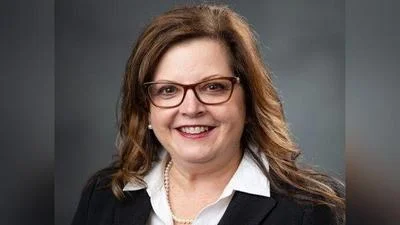Congressman Patrick T. McHenry | Patrick T. McHenry Official Websie
Congressman Patrick T. McHenry | Patrick T. McHenry Official Websie
Washington - Congressman Patrick McHenry (NC-10) released the following statement on the House passage of H.R. 3564, the Middle Class Borrower Protection Act. Under the Biden administration’s Loan-Level Price Adjustment (LLPA) mortgage rule, responsible homebuyers with good credit are forced to subsidize those with bad credit. The Middle-Class Borrower Protection Act reverses this rule by restoring the former LLPA mortgage structure.
“The Biden Administration wants to use mortgage fees to put their finger on the scale and decide who gets to pay more and who gets to pay less. This will make housing less affordable, not more, and puts taxpayers at risk by threatening the safety and soundness of our housing finance system. Nearly 95 percent of Americans nationwide have credit scores over 680 and almost half of those borrowers will face an extra $1.8 billion in new fees over the next two years under the Biden Administration’s plan. House Republicans are taking action to protect middle class borrowers with Rep. Davidson’s bill and I was proud to support it on the House floor.”
Click here or on the image below to hear Congressman McHenry's remarks in support of this legislation.
BACKGROUND:
On May 1, 2023, the Federal Housing Finance Agency (FHFA), the agency which oversees the GSEs, “recalibrated” how LLPA fees are set for the majority of primary residences.
This pricing change increased fees for many borrowers while cutting fees for a handful of borrowers with the worst credit history.
In fact, every borrower with a credit score under 680 will see their fees reduced or kept the same, regardless of their down payment level, while half of all borrowers with scores above 680 will see their fees go up.
· That threshold is important because nearly 19 out of 20 Americans have credit scores above 680.
H.R. 3564 would repeal the changes made to the LLPA fees, as well as make several modifications to how FHFA sets upfront fees on mortgages in the future.
The bill requires GAO to complete an independent study of the process and data used by FHFA to change LLPA prices, including the impact of those changes on the safety and soundness of the GSEs, and report to Congress within one year.
Original source can be found here.


 Alerts Sign-up
Alerts Sign-up